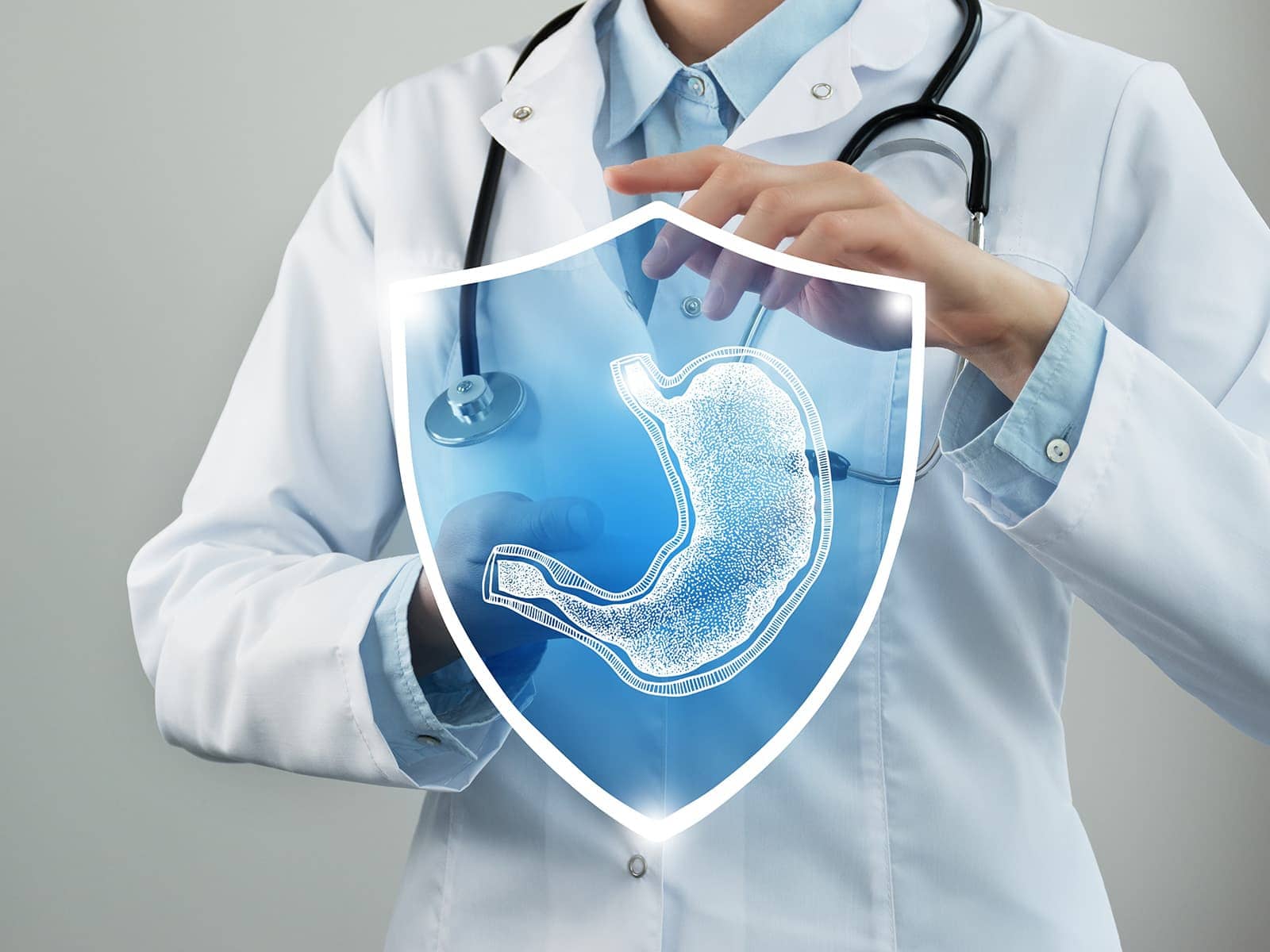
Dyspepsia, commonly known as indigestion, is discomfort or pain in the upper abdomen. It may occur after eating and can be functional (no visible cause) or non-ulcer (no ulcer detected), leading to persistent upper belly upset.
People with dyspepsia often experience:
Several factors can trigger or worsen dyspepsia:
Don't let dyspepsia disrupt your life. At GastroDoxs in Houston, we blend expert ICD-10 coding guidance (K30), personalized treatment plans, and compassionate support to tackle your symptoms and restore comfort. Ready to feel better? Book your appointment today and take the first step toward confident, lasting digestive health.
We've successfully treated more than 3.8K patients, helping individuals improve their digestive health and overall well-being through expert, personalized care.
With over 20 years of experience, GastroDoxs has been a trusted provider of gastroenterology care, focusing on delivering the best outcomes for patients
Functional dyspepsia is a type of indigestion where you experience upper abdominal discomfort-such as pain, burning, or early fullness-without any visible ulcer or structural cause. It is classified under ICD-10 code K30.
Diagnosis may involve blood tests, a breath test for H. pylori infection, and sometimes an upper endoscopy to examine the stomach lining and rule out ulcers or other diseases.
Yes, in some cases the discomfort from the upper abdomen can radiate to the back. If you notice back pain along with indigestion, it's important to consult your doctor.
The ICD-10 code for both functional and non-ulcer dyspepsia is K30, unless another specific condition (like an ulcer) is identified.
Some patients find relief using ginger, probiotics, or apple cider vinegar, but evidence varies. Always discuss natural remedies with your healthcare provider before starting them.
With appropriate lifestyle changes and treatment, many patients see symptom improvement within a few weeks. Chronic cases may require ongoing management.
Yes. Stress and anxiety can affect the gut-brain axis, leading to increased stomach sensitivity and dyspeptic symptoms.
A low-fat, low-spice diet with smaller, more frequent meals often reduces symptoms. Keeping a food diary can help identify and avoid personal trigger foods.
While a complete cure is uncommon, most people achieve good symptom control through diet modification, stress management, and appropriate medications.
At GastroDoxs in Houston, our specialist gastroenterologists offer personalized evaluation and treatment plans for dyspepsia. Book an appointment to get started.